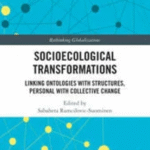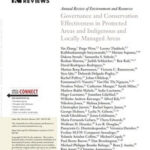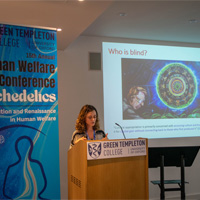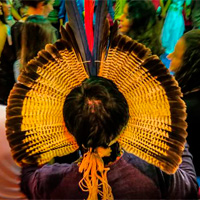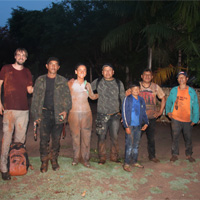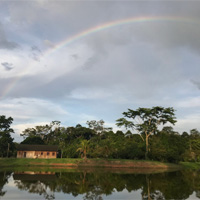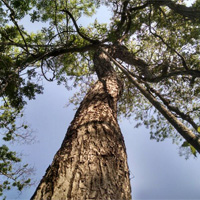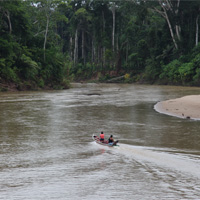Maria Fernanda Gebara, Sabaheta Ramcilovic-Suominen and Michael Franz Schmidlehner. Forest Policy and Economics, Volume 154, 2023.
Indigenous knowledges have received increased attention in environmental governance issues over the last decade, especially biodiversity. Epistemic injustices, however, remain. Forms of knowledge that differ from dominant ‘Western’ knowledge are either not recognized and valued as equal, or are misused for land reoccupation and knowledge appropriation that further settler colonialism. Drawing on the conceptual framing of epistemic justice, biopiracy and biocolonialism we introduce the concept of bioepistemicide and analyse possible implications of the rising bioeconomy agenda for Indigenous peoples in the Brazilian Amazon. While many argue the value of Indigenous knowledges in the context of bioeconomy, it remains unclear how issues concerning epistemic plurality and epistemic injustices will be addressed. Among the most seriously questioned issues are intellectual property rights and ownership. Focusing on the Indigenous medicine Kambo, the secretion of a tropical frog (Phyllomedusa bicolor), we explore if and how bioeconomy governance and initiatives in Brazil address the epistemic injustices that may arise in Amazonian Indigenous territories. We take the perspective that epistemic plurality and conflicts may trigger the transformations needed to tackle epistemic injustices. Based on our case study, we argue that bioeconomy can only challenge epistemic hierarchies if it steps outside of colonial settler rationality and sovereignty regarding the very ideas of nature and ‘traditional knowledge’ which in the first place enable new forms of colonialism, like biocolonialism. We conclude with suggestions on how to embrace epistemic pluralism and strengthen the role and positionality of Indigenous knowledges in the implementation of bioeconomy in the Amazon.




